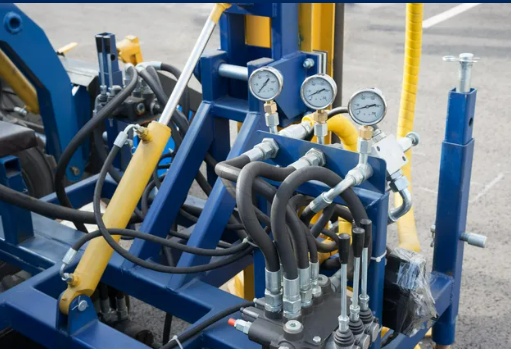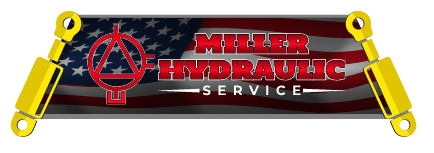Applications of Hydraulics in Everyday Life

Hydraulics is the application of liquid pressure to mechanical functions. Hydraulics is an age-old technology that has become an integral part of our daily lives. With hydraulics, people have invented various practical, productive, and safer devices that enhance life.
The following are some ways hydraulic systems contribute to our daily lives.
Earth-Movers and Excavators
If you work in the excavating business or any type of commercial construction, you will need to have the right hydraulic applications to get the job done. Dozers, backhoes, and the like use hydraulic systems to efficiently dig and move the earth so that construction can take place safely.
Additionally, hydraulic seals are often used to maintain the newly moved dirt is correctly sealed before placing the finishing touches on the construction project. Without the proper hydraulic systems, construction can be slowed and even simple tasks can become strenuous.
Textile Manufacturers
Mechanical, Teflon, and shaft seals all require high-pressure hydraulics to be created effectively. To manage the compact spinning, high pressures, and frequent rotation of air rams, hydraulic seals are used to maintain safety and efficiency. Without the right hydraulics, compact spinning can grow unruly and create a hazardous environment.
But with hydraulic seals and equipment, production can go on as normal so that textiles can be created without any hiccups or inconsistencies. Equipping your business with the right hydraulics can make a difference in the speed and consistency that your textiles are produced.
Automotive Industry
Hydraulic systems are abundant in car repair facilities. A hydraulic system operates by lifting the car off the ground so that the work underneath can be conducted easily.
Various power and hand tools in the automotive repair industry also incorporate hydraulics. Among the most visible hydraulics applications in auto repair are the aforementioned two- and four-post lifts that raise cars during servicing and inspections. Your car's portable jack is also an example of a hydraulic system in the auto industry.
Waste Management
Players in the waste management industry have widely adopted hydraulics. Dustcarts, waste compactors, street sweepers, and crushers all use hydraulics for the following advantages to the businesses:
- Minimized cost
- Reduced noise levels
- Better fuel use
- Extended lifespan
Garbage trucks, crushers, and compactors utilize hydraulic force and can compress large amounts of waste. As a result, the trash takes up less space and may stop landfills from filling up so quickly.
Second, hydraulic systems make lifting and loading solid and liquid waste far easier for garbage trucks. Additionally, dumpsites and landfills may use hydraulic systems to lift and dump the garbage.
The street sweeper is another hydraulic system. A hydraulic motor rotates the brushes of street sweepers. The use of hydraulics is also prevalent in creating high-pressure mists of water to wash the streets. As a result, the cleaning staff uses less water while also allowing a high degree of hygiene.
Elevators
Americans ride elevators approximately 103 billion times per year. One type of elevator uses hydraulics. Hydraulic elevators use hydraulic fluid and pressure to manipulate the elevator cab.
An electric pump moves hydraulic fluid into a cylinder. As the fluid builds up, it pushes the piston inside, which causes the elevator to lift the cab to the corresponding floor. During the descent, an electrical valve releases the hydraulic fluid gently for a smooth motion.
Hydraulic lifts have fewer moving parts than traction elevators, hence lower repair costs. They are ideal for buildings with under 60 feet of travel.
If you look around your home or workplace, you may undoubtedly find hydraulics in use somewhere. Although hydraulic systems are immensely versatile, they are relatively straightforward in their operation.
Contact us at Miller Hydraulic Service today if you have questions about hydraulic systems and their applications or need expert hydraulic services.





